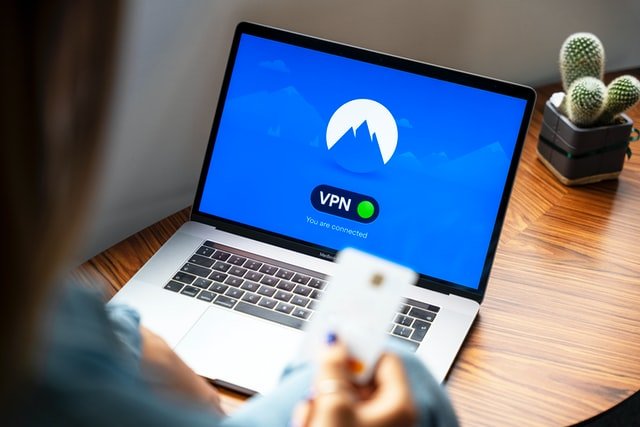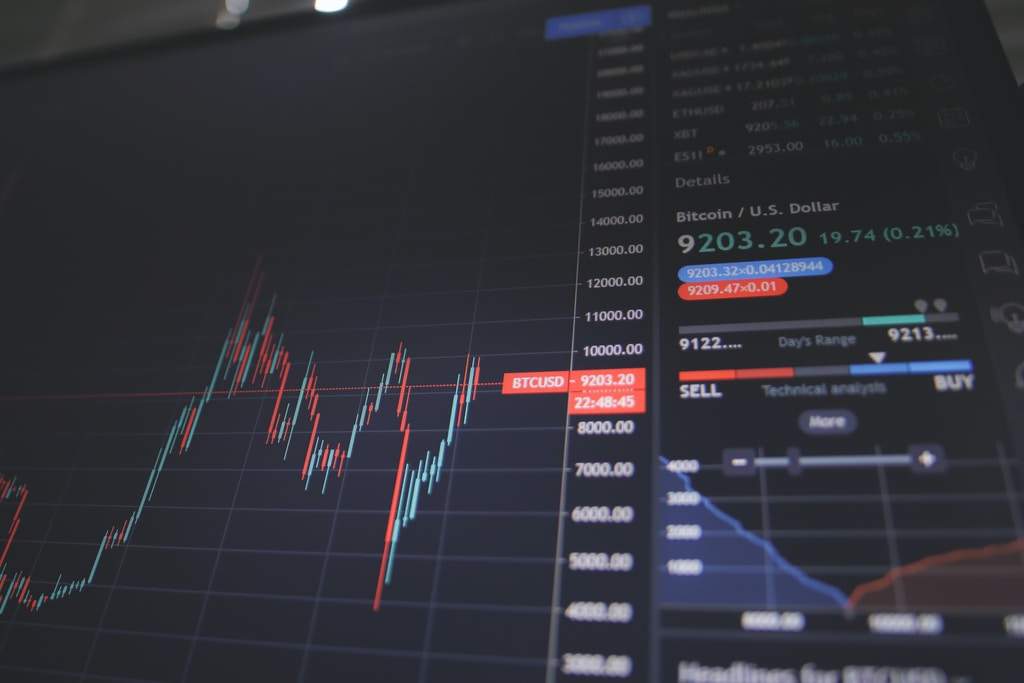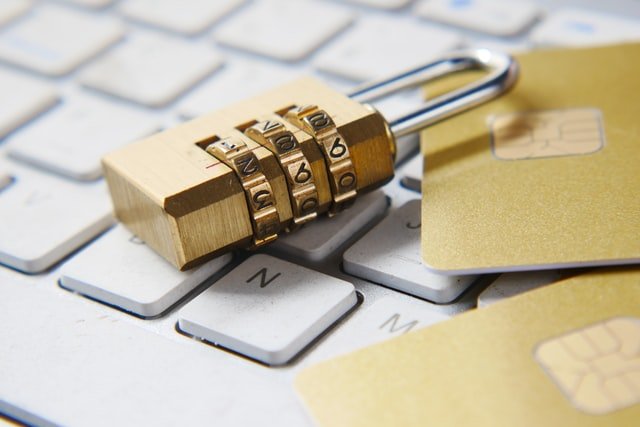As our lives become more dependent on technology, it is increasingly important to be savvy about your online presence.
Enable extra authentication on your devices
The majority of devices offer the option for two-factor authentication or another layer of additional security. Two-factor authentication is among the most common. Although it can be frustrating and make it longer to log in to your devices each time, it makes your accounts more secure and goes that extra step to protect your data. This is especially important if the data in an account is of a sensitive nature or contains personal information.
Two-factor authentication will make you verify your identity using at least two forms of authentication and will often use another device, such as a mobile phone or an email address, to send a one-time code and let you confirm your identity.
In addition to two-factor authentication, other extra levels of security that you can introduce on your device are things such as a passcode lock – even if this is an optional feature. The default setting for many smartphones is a four-digit PIN; however, this is not sufficient to protect all the data that you store on your phone. Where possible, you should opt for biometric authentication (such as face ID or touch ID) and a strong passcode.
Take your passwords seriously
Having the same password across multiple devices and multiple websites can jeopardise your personal data and make you vulnerable to cyber attacks. You should always use unique passwords for every login so that they are not only the same but that they are also unrelated to each other. What hackers commonly do is get a batch of username and password combinations from one source and try the same combinations across multiple sites; if you have the same passwords across different sources then you are making yourself an easy target. Using a password manager lets you have just one master password to log into your account where you will store your multiple unique passwords for different devices and sites.
In addition to having strong, unique passwords for each login, you should also turn off the option to ‘save password’ in any of your browsers. Although it may seem like a timesaver, it may not be the safest option. It means that if, for any reason, someone is able to access your browser, they will automatically have access to any saved passwords. For hackers, you are essentially handing over all of your passwords and making it extremely easy for them to access your information.
Install and update antivirus software
Antivirus software is designed to detect any threats of viruses against your computer. Not only does it identify any risks, it also works to combat them. Usually these softwares encompass multiple different types of threat including ransomware, bots, trojan horse programs and many other types of malware – and can also flag whether a webpage or site you are using is legitimate.
Sometimes it may be enough to have an antivirus software installed and kept regularly updated; however, security experts also recommend looking it over every now and then to see whether anything is being flagged as suspicious. They also suggest that a default antivirus that comes with your computer may not be the most sophisticated solution and that you may be better off purchasing a full security suite.
You can also use firewalls; these create ‘walls’ which will act as an obstacle for anyone hoping to access your network. The firewall acts as a guard, inspecting and identifying any unauthorised persons from accessing your network and blocking them.
Use a VPN
Any time you connect to the internet using a public Wi-Fi network, or any Wi-Fi network that is not your own, you should use a VPN. A VPN (virtual private network) encrypts your personal internet traffic and routes it through an independent server. This means that no one can access your browsing history and see what you are doing. Not only that, but a VPN hides your IP address meaning that any prying eyes, such as hackers or even advertisers, cannot identify your geolocation in order to target you.
When you connect to a public Wi-Fi network, you are putting all of your data at risk. Anyone on that network, without your knowledge, could not only be looking at your browsing activity, but could also be stealing your files and data. Even if it is a location that you trust, you never know who else might be accessing the network. Using a VPN means that you are protecting yourself from anything suspicious and can browse in peace.
Beware of scams
Internet scams are becoming increasingly difficult to detect, meaning that all messages, even from trusted senders, should be approached carefully. If you receive a suspicious looking email from an unknown sender, you should never click on any links embedded in the message.
Even if the email is from one of your contacts, but the tone of the message is strange or it is asking you to click on a link, you should view this with caution. Hackers hope that you will click on the link which, in some cases, can infect your computer with a virus. In other cases, the link may lead to a form which will ask you to enter personal information; this is a way for hackers to gain access to your private data.





